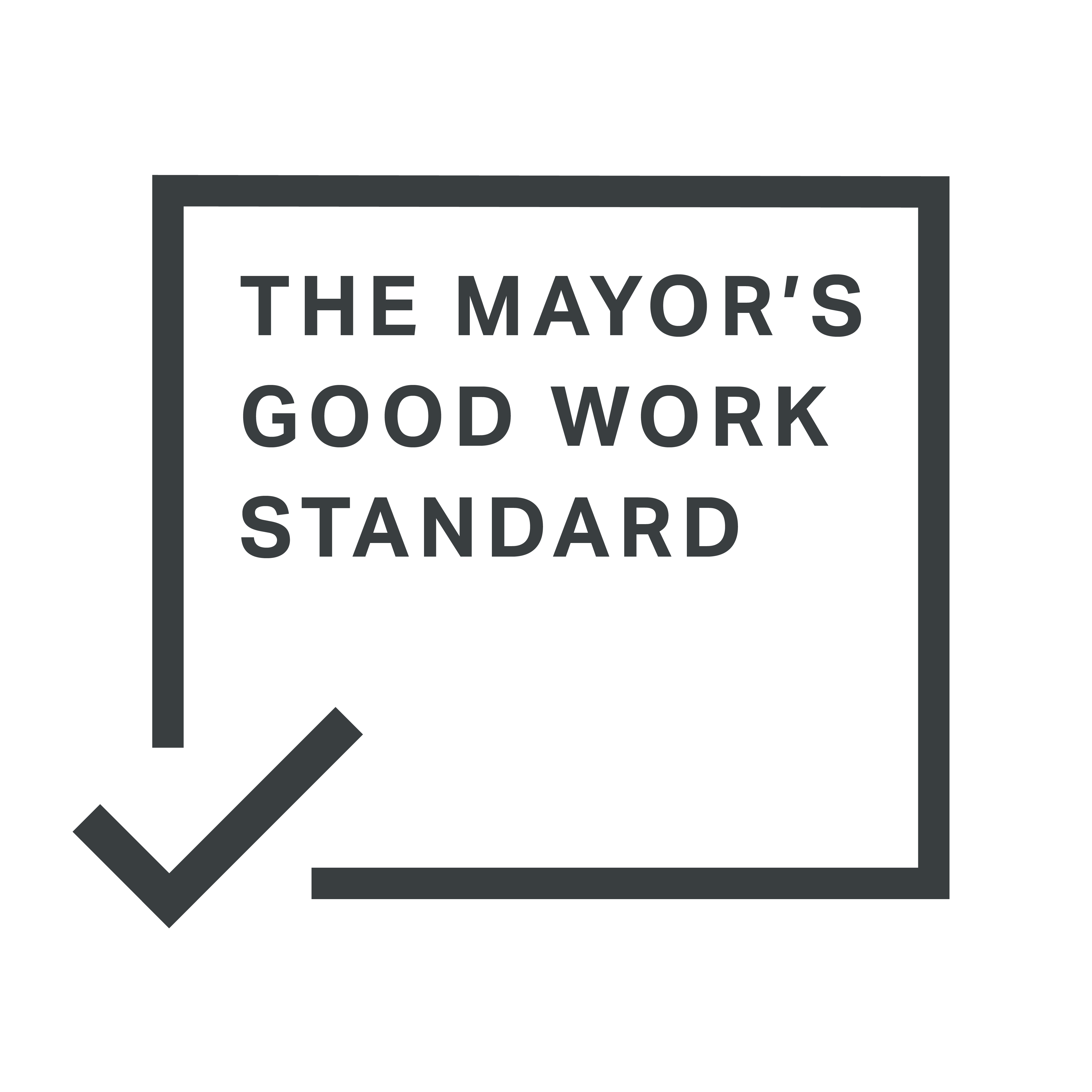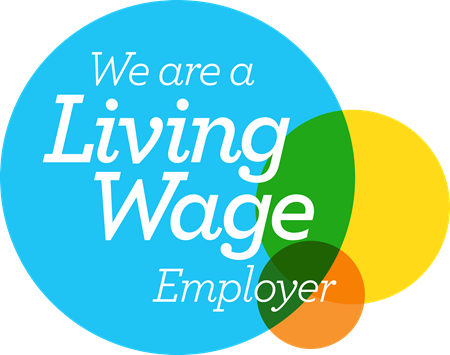Londoners keener to use public transport to travel to pubs and restaurants but they also think homeworking is here to stay
10 July 2020
As the lockdown restrictions continue to ease, most recently with the re-opening of pubs and restaurants last weekend, there is still a rather muted response from people when they are asked if they plan to make more journeys by public transport to access these services. But Londoners seem more willing to do this than people elsewhere. This number may well rise as the weeks go on but one trend which is likely to continue long after the current pandemic has ended is the tendency for people to spend less time away from the office and more time working from home.
Over the past two weeks, the joint omnibus surveys we have been carrying out with Transport Focus have shown that Londoners are much keener to get back to using public transport to return to restaurants, museums, cinemas, pubs and hairdressers than the rest of the country. This week 35 per cent of London respondents expected to make more journeys by public transport to access these services. This compares to a national average of 20 per cent. This may be because Londoners are more dependent on public transport and there is lower car ownership than the rest of the country.
When we spoke to Mark Evers from TfL at our recent Board meeting it didn’t seem as if TfL were planning to bring back the Night Tube any time soon. But if these numbers continue to pick up, they will need to start increasing services at weekends and evenings to provide more capacity as well as encouraging people to stay local when they want to go out and enjoy themselves. TfL’s Walking Tube map and West End walking map are really helpful for people looking to avoid busy stations when they go out in the evenings or at weekends but they could perhaps be better promoted.
Staying local is an emerging theme that is increasingly being picked up in London by politicians and planners, expressed in the idea of ‘15 minute cities’ which is probably most associated with the Paris Mayor, Anne Hildago. But it is also evident in similar ideas of ‘20 minute cities’ in other places across the world including Melbourne and Eugene. This essentially means having shops, parks, cafés, sports facilities, health centres, schools and even workplaces just a walk or cycle ride away. This thinking has clearly influenced the various Streetscape schemes in London which aim to close off some sections of road to motor vehicles to encourage active travel and make life easier for pedestrians and cyclists.
Many of us have been having an even shorter commute to the kitchen or living room since the Government’s announcement in mid-March that everyone who can work from home should do so. Our surveys over the past couple of months have consistently shown that more Londoners expect to be working for home more once the pandemic is over than people in the rest of the country. And in last week’s survey, 46 per cent of London respondents answered yes to the question: ‘will your job be home-based in future’ compared to a national average of 36 per cent. Of course, people in London tend to be younger and are more likely to be of working age. However, many companies were trialling more flexible working before lockdown and their positive experiences during the pandemic mean that they are moving even faster to save money on expensive central London offices and make more use of video conferencing software like Zoom or Skype.
Fujitsu has recently announced that it will halve its office space in Japan as it adapts to the ‘new normal’ of the coronavirus pandemic, while in May Twitter told staff that they could work from home ‘forever’ if they wanted to, as the company looks to the future.
This raises all sorts of linked questions. For example, it has increased the need for part time season tickets as the typical Monday-Friday commute is unlikely to return – this was discussed in a blog by our sister organisation Transport Focus last week.
And it has also re-ignited the call for better investment in high speed internet, to help people to work remotely– much has been written about the fact that Britain lags behind the rest of the world for broadband connectivity.
Either way, it is clear that the world has changed and the new normal will mean more homeworking and less rigid 9-5, five day weeks in the office. If the 20 minute neighbourhood concept is to take off it will need investment in active travel locally and creative thinking to make more safe space for people to get around with confidence on foot or by bike where they live. This is a real opportunity and government, The Mayor, the transport industry and local councils all need to play their part to make it a reality.






